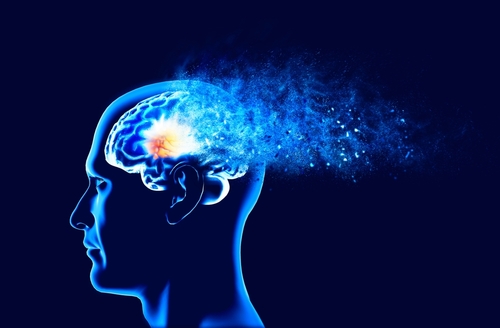Parkinson’s disease is rapidly growing worldwide and presents heterogeneously across motor and non-motor domains, making early, accurate diagnosis and staging difficult with current, largely subjective tools. The authors of this paper argue that ubiquitous digital health technologies—smartphones, tablets, and wearables—can supply objective “digital biomarkers” from onboard sensors (accelerometers, gyroscopes, microphones, cameras, GPS, touch/usage logs) and structured interactions. Analyzed with artificial intelligence and machine learning (AI/ML), these data can detect Parkinson’s disease, monitor symptoms continuously in daily life, and expand staging beyond motor signs. It also systematically incorporates objective measures of memory, speech, language, executive, autonomic, sensory, behavioral, and sleep functions, alongside clinician observations and patient-reported outcomes.
These tools enable remote monitoring, more precise medication titration, and personalized interventions across neurology, pharmacology, physical/occupational therapy, and speech-language pathology. The authors note implementation barriers—privacy, data governance and storage, access and digital literacy, the need for culturally valid, low-resource workflows, and the lack of unified datasets spanning all domains. Overall, integrating sensor-derived features with AI/ML can improve diagnostic accuracy, stage prediction, and subtype classification, reducing caregiver burden, and enhancing quality of life.
Reference: Templeton JM, Poellabauer C, Schneider S, et al. Modernizing the Staging of Parkinson Disease Using Digital Health Technology. J Med Internet Res. 2025 Apr 4;27:e63105. doi: 10.2196/63105. PMID: 40184612; PMCID: PMC12008700.








